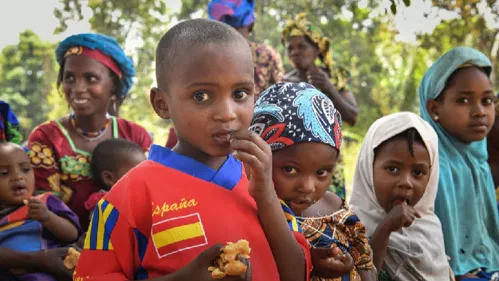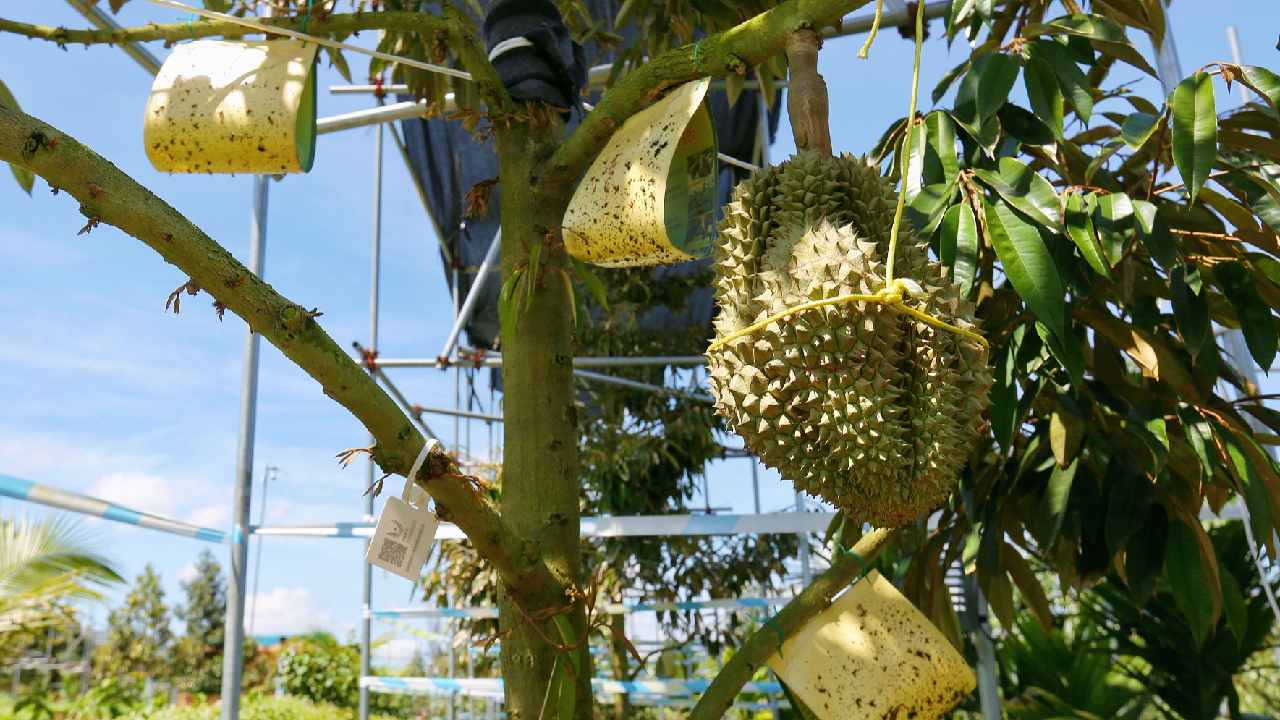China's Juncao Technology Offers Joy with Magic Grass

China's ongoing battle against poverty has produced numerous success stories, prominently featuring Juncao technology, a homegrown innovation that is transforming agricultural practices. The term Juncao literally translates to "fungi and grass," referring to a versatile grass that provides a sustainable solution for cultivating mushrooms, serves as nutritious fodder for livestock, and combats environmental issues such as desertification.
By employing Juncao instead of timber for mushroom cultivation, farmers have significantly reduced their operational costs while simultaneously minimizing deforestation. This eco-friendly approach not only contributes to environmental conservation but also offers a sustainable pathway to poverty alleviation.
Recognized globally as the "Chinese grass" or "grass of happiness," Juncao has positively impacted over 100 nations and regions by addressing issues related to poverty, soil erosion, and desertification. According to the Ministry of Foreign Affairs of the People's Republic of China, efforts related to Juncao technology have gained international traction.
To date, China has organized around 270 training programs on Juncao technology, reaching over 10,000 participants who are now adept at promoting its use in numerous languages. This extensive education initiative underscores China's commitment to knowledge sharing and capacity building.
Initially developed in the 1980s by Lin Zhanxi of Fujian Agriculture and Forestry University, Juncao technology has been embraced by various international development agencies. Its integration into UN development plans is a testament to its significant potential in addressing critical challenges like food scarcity.
The technology empowers smallholder farmers to cultivate mushrooms using dried, chopped grass, which preserves natural resources and minimizes ecological harm. This innovation creates new employment opportunities, thereby enabling rural communities and farmers to develop economically viable mushroom cultivation practices.
Juncao technology has found a receptive audience in several African nations, where it is implemented in South Africa, Kenya, and Nigeria, among others. Demonstration bases have been established in countries such as Rwanda and Lesotho, illustrating Juncao's expanding footprint on the continent.
In Rwanda, for example, Juncao technology has benefited over 4,000 farmers, leading to the creation of more than 30,000 jobs within the agricultural sector. The positive influence of this grass extends well beyond just income generation; experts highlight its potential to enhance biodiversity and combat climate challenges.
Josefa Sacko, the AU commissioner for agriculture, recently endorsed Juncao technology, citing its ability to alleviate food insecurity and poverty among Africa's rural populations. She emphasized that the technology’s practicality and effectiveness make it a promising solution to some of the continent's most pressing challenges.
According to UNDESA officials, the simplicity and accessibility of Juncao technology make it suitable for adoption by individuals regardless of their educational background. This ease of implementation positions Juncao as a key player in efforts to bolster food security and economic development across Africa.
As demonstrated in Rwanda, where the youth sector has embraced Juncao technology, the method not only promises economic advancement but also empowers a new generation of agricultural innovators. The technology's multifaceted applications in livestock feeding and environmental protection reflect its capacity to promote sustainable practices in agriculture.
With contributions from Xinhua, this comprehensive view of Juncao technology sheds light on its transformative potential. By addressing food insecurity and contributing toward several Sustainable Development Goals, Juncao symbolizes a forward-thinking approach to modern agricultural practices and poverty alleviation.
Read These Next

China introduces carbon footprint labels for farm produce
China introduces carbon footprint labels for durians to promote sustainable agriculture and raise consumer awareness.

China Launches Equipment Renewal Plan for Energy Sector
China has launched a plan to boost sustainable energy investment by over 25% by 2027, targeting coal, wind, solar, and hydropower.

Poll Shows Americans Doubt Trump's Handling of Measles Outbreak
Poll shows Americans doubt Trump admin's handling of the largest measles outbreak in 25 years, raising vaccine trust issues.
